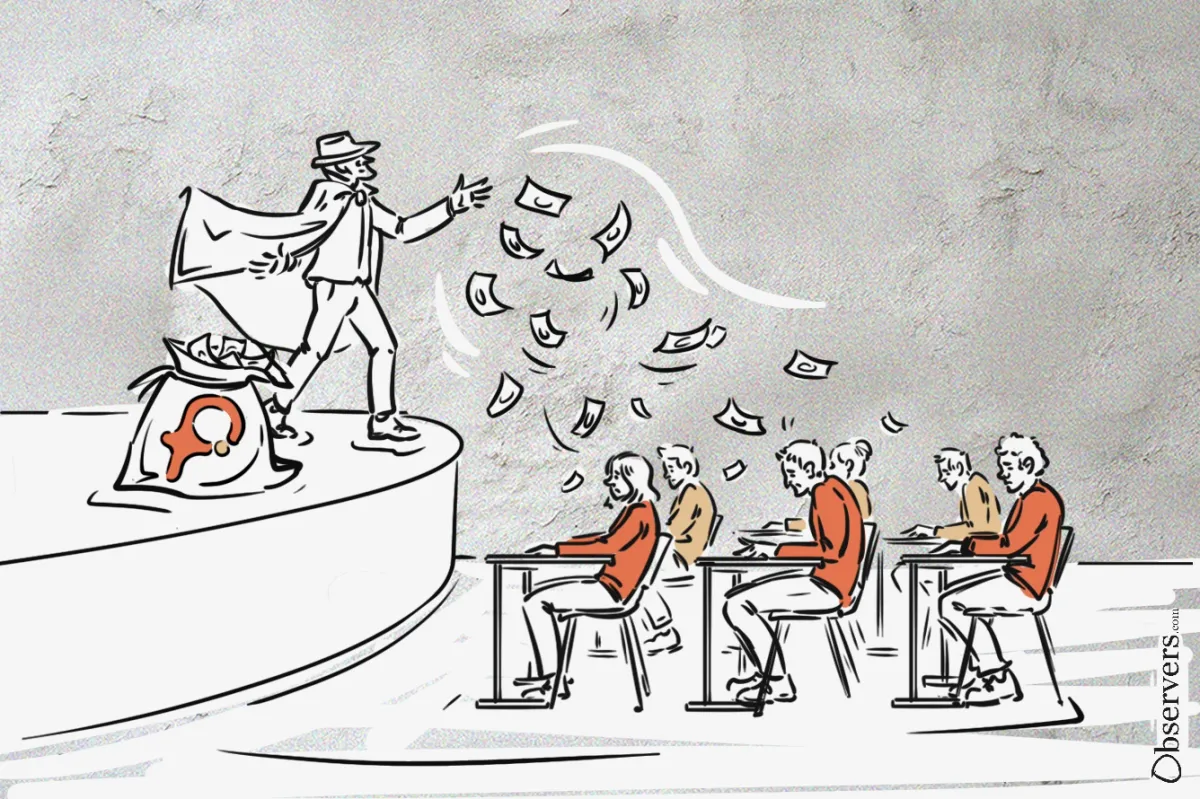
Rho Markets, a lending protocol on the Scroll Layer 2 blockchain, recently experienced a significant security hiccup when $7.5 million vanished from its USDT/USDC pool. Fortunately, this story has an happy ending, as eventually, the entire amount was returned.
On June 19, the team at Rho Markets detected unusual activity on its protocol and promptly reported it on X (formerly Twitter). Security experts investigating the details learned that the pool had been partially drained, traced to a probable oracle misconfiguration that an MEV bot exploited.
Blockchain investigator ZachBTC pointed out that the individual behind this exploit had significant links to centralized exchanges, suggesting a good chance for recovery.
Interestingly, shortly after, the exploiter proposed a deal: return all the stolen funds in exchange for public acknowledgment from Rho Markets that the incident was due to a misconfiguration, not a hack, and a clear explanation of how similar issues would be prevented in the future.
Good news everyone the exploiter sent this message on-chain https://t.co/HA6YIgKalq pic.twitter.com/cRw56OtNTp
— ZachXBT (@zachxbt) July 19, 2024
From the looks of it, the bot appears to have merely identified mispriced assets and capitalized on them without any direct intention of stealing money.
Ultimately, the exploiter returned all the stolen funds. Rho Markets have already reallocated the funds, the protocol is now officially back online, and the situation is fully resolved.
In the midst of the crisis, Scroll’s team made the decision to halt the entire blockchain to support Rho Markets and address the security breach.
This move sparked controversy, serving as a timely reminder to everyone of the centralization that still exists in many Layer 2 networks. It is a sticky situation because while halting the chain can be good in crisis situations like this, it really goes against the grain of blockchain’s decentralized ethos. After all, why use a blockchain if it can be shut down so easily by a handful of people?
This issue has occurred several times before on Ethereum Layer 2 solutions. We previously reported on a similar incident involving Linea, which halted its blockchain operations after one of its decentralized exchanges was hacked.
Despite promoters arguing that centralization is only temporary and necessary for young networks, critics are skeptical about when true decentralization will occur, if ever.
This incident has again sparked a broader discussion on the trade-offs between security and decentralization in the blockchain space. As the technology and its governance continue to evolve, finding the right balance will be key to the adoption of Ethereum L2s.

